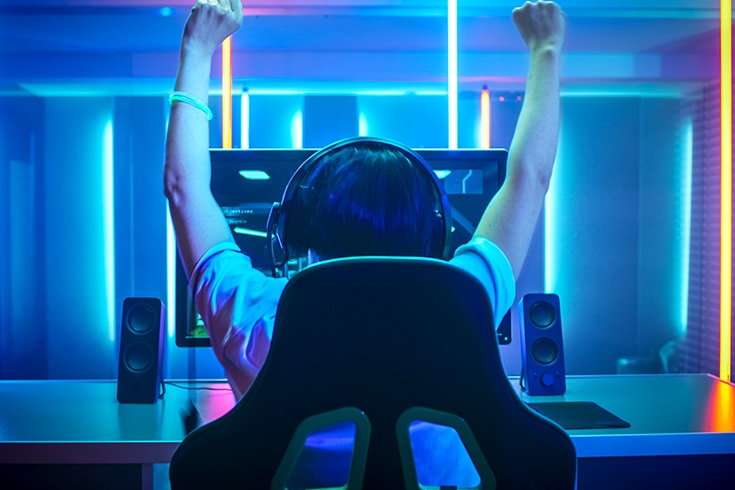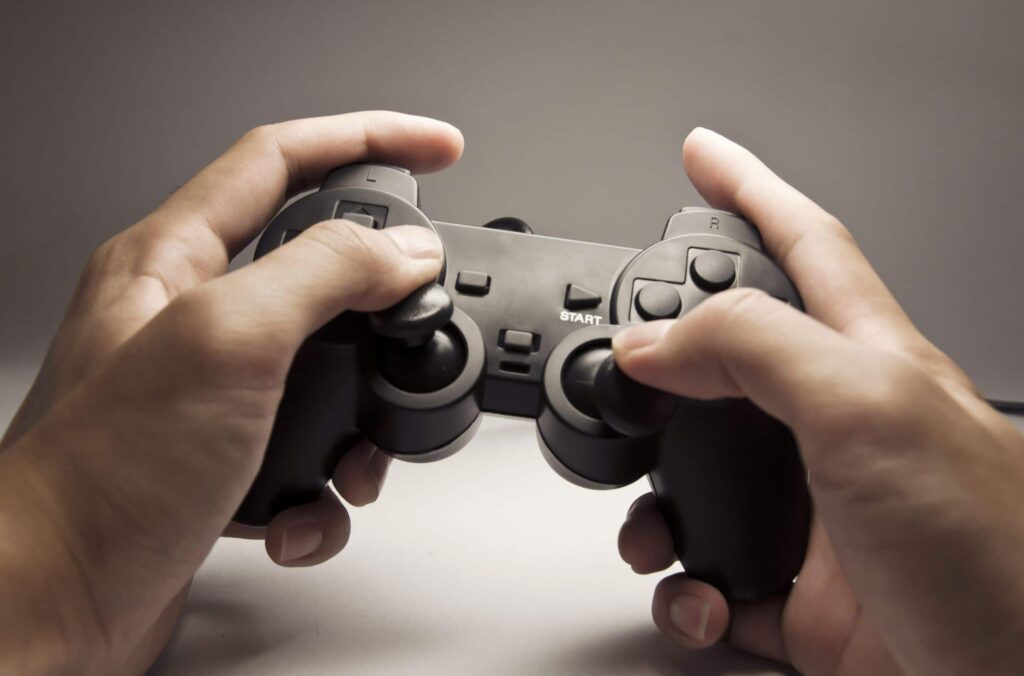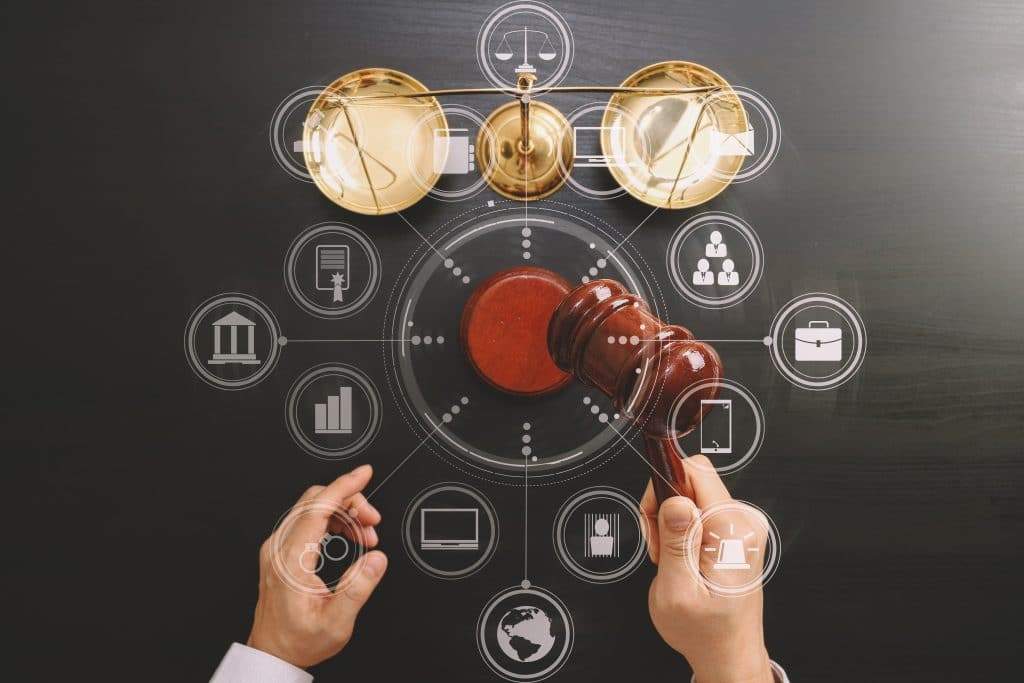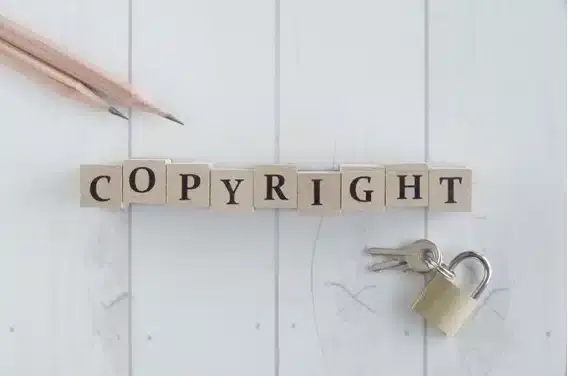What are the Legal Issues that e-Sports Sponsor Companies Should Be Aware Of? Explaining the Anticipated Contractual Matters

The profession of “professional gamer” has become so popular that it now ranks among the dream jobs of elementary and middle school students.
In Japan, the spread of e-sports was delayed due to unresolved legal issues such as the Japanese Prize Display Act. However, as these gray areas are resolved, the market is expected to expand rapidly, potentially giving rise to many professional gamers.
For companies, sponsoring promising players or teams in the future can also serve as a way to promote themselves to younger demographics. In fact, many major companies are already entering the e-sports scene as sponsors.
With this in mind, we will explain the potential troubles and risks that companies may face when entering the e-sports industry as sponsors, as well as possible countermeasures.
Corporate Entry into eSports
One option for companies interested in eSports is to become sponsors, providing financial support to players and teams. First, let’s explain what eSports is and how it relates to businesses.
What is eSports?
eSports is an abbreviation for electronic sports, referring to the competitive aspect of computer gaming.
In eSports, players compete individually or in teams in gaming tournaments. These events are often streamed online on platforms like YouTube, and the substantial prize money that can be won by tournament champions is a major draw, particularly overseas.
eSports players can be either amateurs or professionals. The definition of a ‘professional’ varies slightly between Japan and other countries.
Overseas, if you play eSports as a profession and achieve excellent results, you are considered a professional gamer.
In contrast, in Japan, traditionally, only players who obtained a paid professional license issued by the Japanese eSports Union were considered professional gamers.
As a result, even if a player achieved excellent results in a tournament in Japan, they might not be able to receive a large prize money if they did not have a professional license.
Currently, the prevailing view in Japan is that there is no need to obtain a professional license.
eSports began to hold tournaments in the West in the late 1990s, and there are now professional gamers worldwide who earn over 100 million yen annually. eSports is also popular in countries outside the West, such as China and South Korea.
In Japan, there has been debate over whether the prize money received by eSports players violates the Japanese Act against Unjustifiable Premiums and Misleading Representations, making Japan a latecomer in the world of eSports.
However, in recent years, eSports has gradually been gaining attention in Japan as well.
For more detailed information on the relationship between eSports and the Japanese Act against Unjustifiable Premiums and Misleading Representations in Japan, please refer to the following article.
https://monolith.law/corporate/e-sports-precautions-organizer[ja]
The Relationship Between eSports and Corporations
The expansion of the eSports market is anticipated in Japan as well.
Naturally, if there is profitability and potential for market expansion in eSports, the number of corporations entering the eSports business will increase.
When corporations enter the eSports industry, they often become sponsors of players or teams. Recently, there has been an increase in examples of major corporations such as TOYOTA and KDDI becoming sponsors.
One of the benefits for corporations to become sponsors of eSports is the advertising effect on the younger generation, which is the main fan base of eSports.
Furthermore, as eSports are often broadcasted on platforms like YouTube, there are many opportunities for exposure on social media, which can be expected to enhance the company’s appeal to internet users.

Legal Risks and Countermeasures for Companies Entering the eSports Industry
In Japan, eSports has a short history, and companies looking to sponsor eSports need to thoroughly assess the risks involved before entering the industry.
In this article, we will discuss the legal risks and countermeasures for companies entering the eSports industry.
For a detailed explanation of the key points to consider when signing a sponsorship contract with an eSports player, please refer to the following article.
https://monolith.law/corporate/points-e-sports-contract[ja]
Contracting with a Minor
Given the familiarity of younger generations with computer games and the importance of reflexes in eSports, many eSports players are young. Therefore, it is not uncommon for companies to sponsor high school students or other minors. Please note that the age of majority will be lowered from 20 to 18 as of April 1, 2022 (Gregorian calendar).
If a company contracts with a minor, under the Japanese Civil Code, the contract can be cancelled later if the legal guardian’s consent is not obtained.
Therefore, if a company sponsoring an eSports player is contracting with a minor, it is essential to obtain written consent from the player’s legal guardians, such as their parents.
Unclear Scope of Commissioned Work
When a company becomes a sponsor in eSports, it will pay a substantial sponsorship fee to the player.
Therefore, it is necessary to clearly define the commissioned work that will be the consideration for the sponsorship fee.
If the scope of work is not clearly defined, there is a risk that the player may not perform the expected activities despite the sponsorship fee, and the desired advertising effect may not be achieved.
The content of the commissioned work could include, for example:
- Participation in competitions designated by the sponsor
- Appearances in the media
- Attaching the company’s logo to the player’s uniform
- Using equipment sold by the company in competitions
What tasks to commission to the player depends on the sponsor company’s perspective. Basically, the tasks to be commissioned will be decided through discussions with the player.
Therefore, companies entering eSports as sponsors need to clearly define what they expect from their entry and incorporate it into the content of the commissioned work.
Contract Duration and Termination Method Not Defined
If the contract duration and termination method are not defined in the sponsorship contract, there is a risk of disputes with the player over termination.
Also, if the contract period is too long, it may be difficult to terminate the contract if the circumstances of the sponsor company or the player change, which could be disadvantageous for both parties.
Therefore, it is essential to include a clause regarding the contract period in the sponsorship contract with an eSports player.
For the contract period, for example, a relatively short period such as six months or one year could be set, and a clause could be included to automatically renew the contract unless either party expresses an intention to terminate before the deadline.
This is because many eSports players are amateurs or minors, and they may not continue their activities for a long period.
However, if the player or team is popular and the company strongly wishes to support them as a sponsor in the long term, it is of course possible to set a somewhat longer contract period.
Summary
eSports is a field where market expansion is expected in the future, and it can be said that the benefits of entering at an early stage are very significant for companies.
However, including overseas, the history as a sport is still shallow, and it carries various legal risks.
If any scandal occurs and becomes a social issue, there is a risk that the sponsoring company may also suffer reputational damage or the brand value may be damaged, so caution is necessary.
Therefore, when entering eSports as a sponsor, it is necessary to identify legal risks in advance. Please consult with a lawyer who is a legal expert.





















